Bipolar Disorder Stigma: Why it Occurs & How to Change it
People with bipolar disorder experience different mood episodes that can affect their ability to function well at work, school or in relationships. The different mood episodes that occur with bipolar disorder include mania, hypomania and depression. Some people may find it difficult to move past the stigma of bipolar disorder. Which is why we want you to know that it is perfectly possible to live a meaningful, fulfilling life with the diagnosis.
Why is there a bipolar disorder stigma?
Nearly 3 million Americans live with bipolar disorder, yet so much about it is misunderstood by the public. Let’s look at three of the most common reasons for the stigma surrounding bipolar disorder,
Reason 1: People misunderstand bipolar disorder
Much of the stigma of bipolar disorder is due to a lack of an understanding of what bipolar disorder is. This lack of education about the condition has caused laypeople to label any sort of erratic, emotional, or self-destructive behavior as “being bipolar,” which is quite offensive and patently false.
Those who stigmatize bipolar disorder also fail to recognize its prevalence. Millions of people worldwide live with bipolar disorder. Bipolar disorder, like many other mental health disorders, can often be managed well with a combination of medication and therapy. Some people with the disorder never exhibit any "stereotypical" symptoms of bipolar disorder that might be portrayed in the media, and those that do are more than likely struggling. These people need support, not judgment or alienation
Reason 2: The media's portrayal of bipolar disorder
People with bipolar disorder have not always been portrayed accurately in many movies, books, and TV programs. In fact, studies have shown that the portrayal of bipolar disorder in the media is often negative. Frequently, when a public figure or celebrity with the diagnosis does anything controversial, people quickly label them and attribute the questionable behavior to their diagnosis. Unfortunately, this may help to perpetuate the stigma of bipolar disorder.
While it’s a step in the right direction to have open and earnest conversations about mental health, we still have a long way to go in making sure the dialogue is productive and educational, not dismissive or shaming. It's important to know that each individual is unique and their experience with bipolar disorder does not represent the experiences of all people with bipolar disorder.
Thankfully, society seems to be moving away from casually tossing out serious medical diagnoses as insults or punchlines. But there is still plenty of work to be done to break down the misconceptions about many mental health issues, including bipolar disorder.
Reason 3: Diverse experiences with bipolar disorder
Another common cause of the stigma of bipolar disorder is due to the fact that bipolar disorder looks different from person to person. There are three distinct types of bipolar disorder (bipolar I, bipolar II, and cyclothymia), which all have unique features. Even people with the same diagnosis will have varying symptoms. It can be difficult for someone not intimately connected to the disorder to fully understand what bipolar looks like.
Many people only come to understand what it’s like to live with bipolar disorder when they’re faced with it themselves or when someone they love is diagnosed. This means that the public has little understanding about bipolar disorder. This increases the stigma and allows sensationalized stereotypes to shape the narrative of the diagnosis.
How to reduce the stigma of bipolar disorder
Bipolar disorder stigma is dangerous and can cause people to be afraid of being labeled or judged for their mental health. As a result, these individuals may be less likely to speak up about their problems and seek help.
Whether or not you are diagnosed with bipolar disorder, or another mental health condition, there are ways that we can all work toward deconstructing myths and making progress in our understanding of how bipolar disorder impacts our lives and the lives of those we care about.
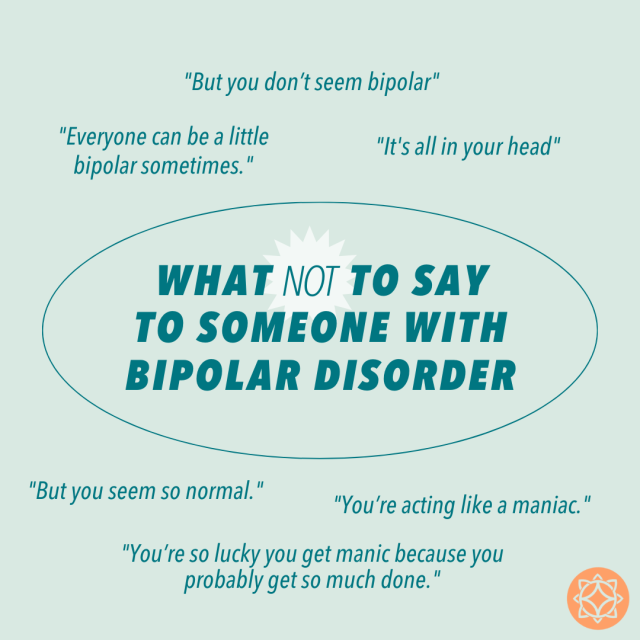
Tip 1: Educate family and friends
Sometimes the best thing to do is to start educating the people around you. One person can’t single-handedly end worldwide stigmatization, but you can demystify bipolar disorder (or any other mental health diagnosis) for those in your inner circle. Helpful links, books, videos, and podcasts can be great resources for loved ones to learn how to provide support. There are even family groups and events for support and understanding.
Tip 2: Shed light on the myths surrounding bipolar
As previously mentioned, bipolar disorder manifests itself differently for everybody. There is a broad bipolar spectrum, and it’s neither reasonable nor realistic to expect someone to follow a specific pattern or exhibit particular symptoms.
Tip 3: Recognize and heal from internalized bipolar stigma
Perhaps you have judged yourself or someone else for having bipolar disorder or another mental health issue. By practicing mindfulness, you can gain insight into your feelings about bipolar disorder. This can be a vital tool in your mental health journey.
Ask yourself:
- How have I lacked compassion for myself and my mental health?
- In what ways have I allowed others to treat me with disrespect or without empathy based on their perception of my mental health?
- In what ways have I treated myself with disrespect or without kindness?
- What misinformation have I had to unlearn about bipolar disorder as I become more educated about the diagnosis?
Try a mindfulness video here.
If you’re interested in learning more about bipolar disorder and living a rich life with the diagnosis, listen to Ana Agarrat’s beautiful story, Living with Bipolar Disorder, as part of our ongoing podcast series, Mental Note.
Listen to a bipolar podcast here.
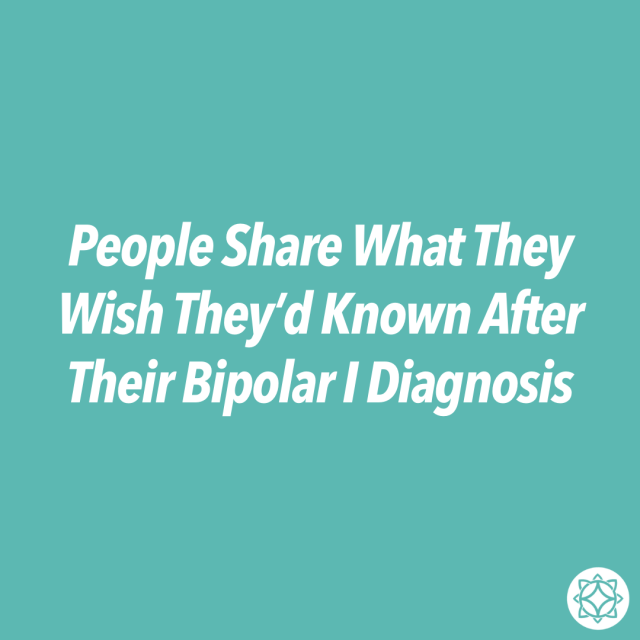
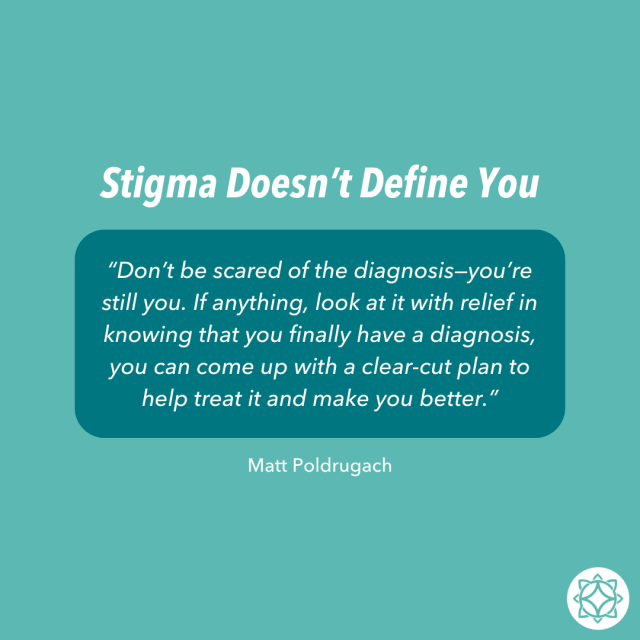
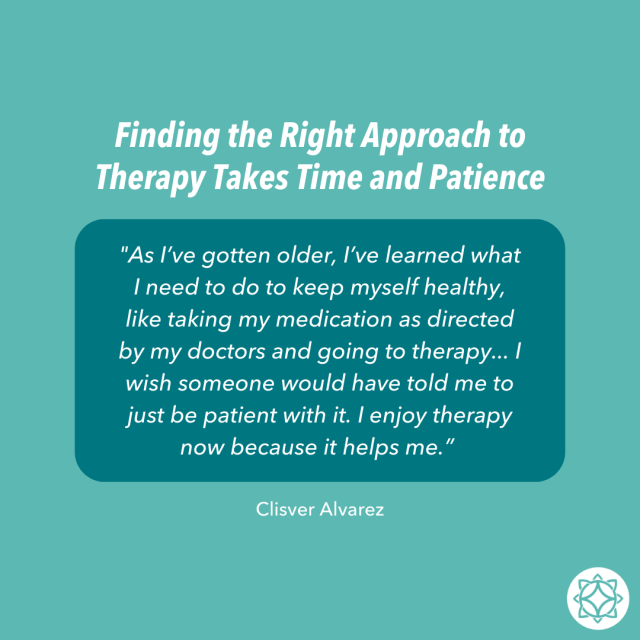
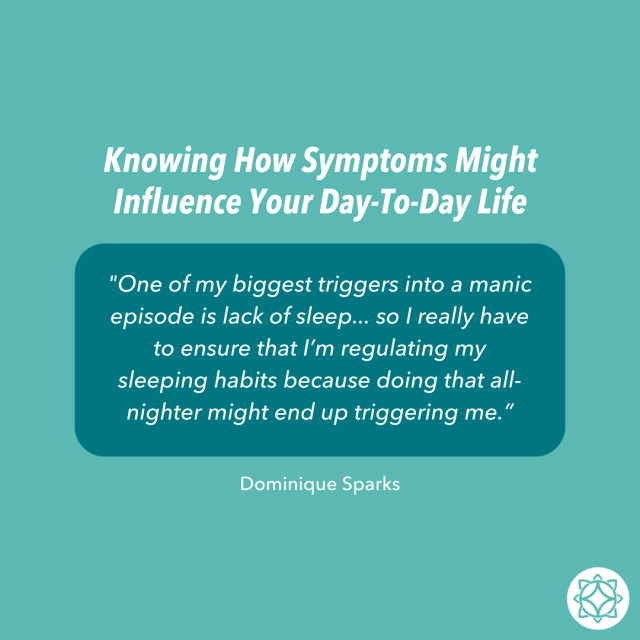

This piece was updated and clinically reviewed by Maggie Moore, MA, LMFT, National Family Outreach Manager at Eating Recovery Center and Pathlight Mood & Anxiety Center on October 27, 2023.
Read These Next:
Struggling with your mental health?
One conversation can make all the difference. Connect with us today.
Get Help NowConnect With Us

